Meet the LMSAI Spring 2023 Visiting Artist Fellows in Residence
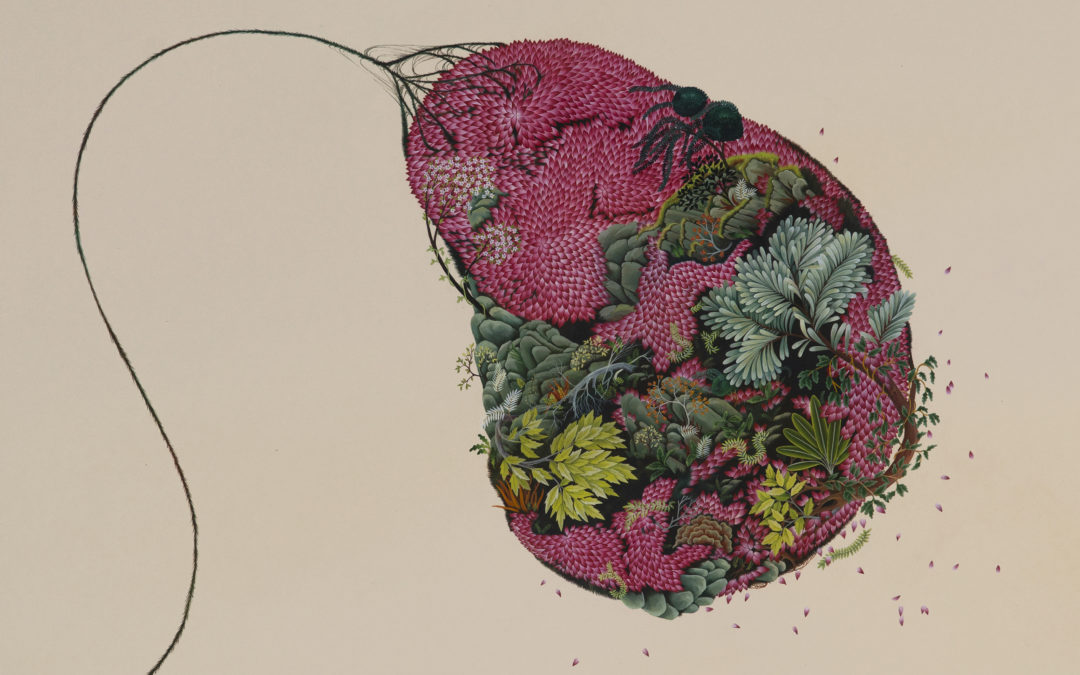


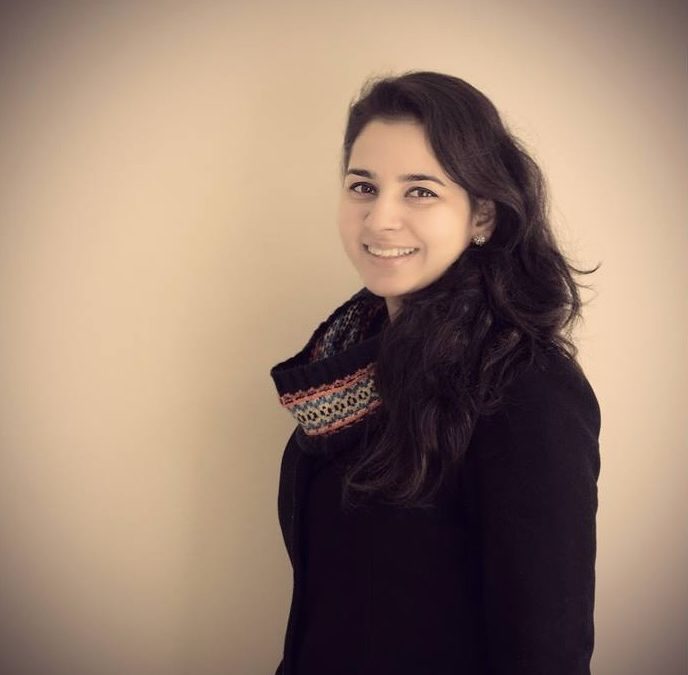
Our new Syed Babar Ali Fellow, Mariam Zia, joined us in Cambridge this spring, and has gotten right to work on translating the first volume of Shamsur Rahman Faruqi’s multivolume study of the 46-volume Dastan-e Amir Hamza titled Sahiri, Shahi, Sahibqirani: Dastan-e Amir Hamza ka Mutalea (Sorcery, Magic, Kingship: A Study of The Adventures of Amir Hamza). We spoke with Mariam about her fellowship and impressions of Harvard.
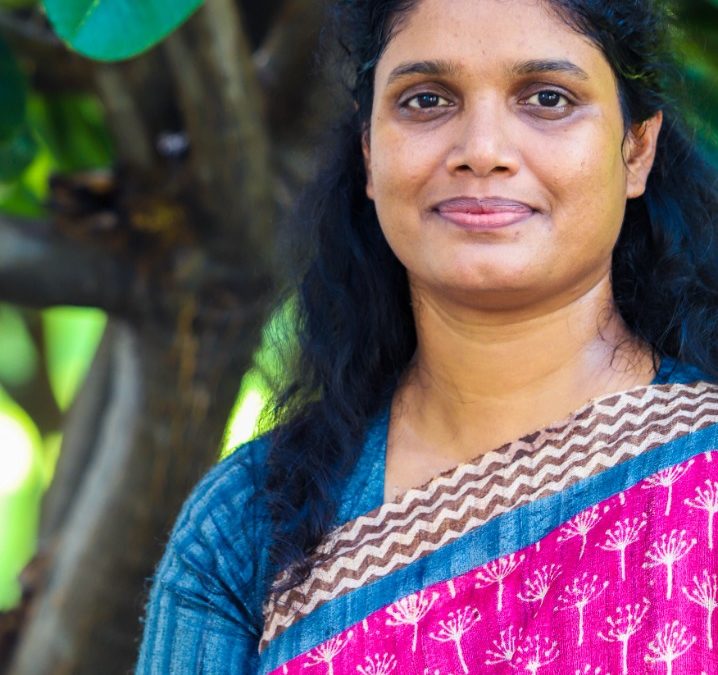
The Mittal Institute offers funding opportunities for scholars and practitioners to engage with the university’s vast resources to advance self-driven, independent research. Annie Rachel Royson joins the Mittal Institute as the second class of India Fellows, based at the LMSAI Delhi office.
During the fellowship, Annie aims to explore key works of translation from colonial South Asia to explore the critical relationship between translation, geography, sacredness, and memory. Annie’s research project will provide a South Asian perspective to the current ‘spatial turn’ in translation studies and will explore the links between translation, landscapes, and memory in the context of colonialism in the region.

The Mittal Institute presents its Spring Fellows and Visiting Artist Fellows.
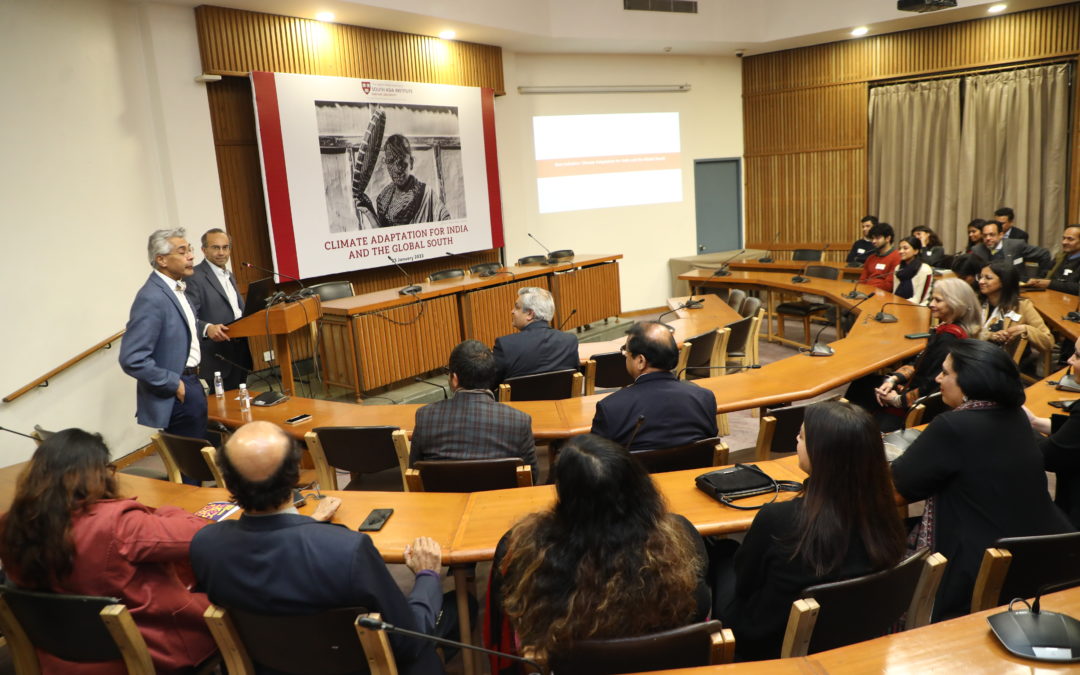
The Mittal Institute’s New Delhi Office was a beehive of activity over winter break, playing host to two separate major events: an interdisciplinary conference on indigeneity and a celebration of LMSAI’s past year and new focus on climate change.
As winter descends on Cambridge’s skies, our thoughts turn to novels read by the comfort of roaring fires. Nothing completes a holiday season more than a good book—so we turned to our community of faculty, fellows and students for their help in curating a list of Holiday Reading Recommendations. They shared their favorite South Asian authors; their most inspiring reads; and what they hope to cozy up with this holiday season.

Yaqoob Khan Bangash is a historian of Modern South Asia and a current Fulbright Fellow at the Mittal Institute (read our Q&A with Dr. Bangash). He is also the coordinator of the upcoming event, “The Pakistan Conference: 75 Years of Independence,” November 29-30 at CGIS South.
The conference aims to bring a focused, though not exclusionary, lens to the study of the country and its 75 years since independence. It will provide the space to reflect upon the past, but also explore the lingering legacies and challenges that continue to cast a shadow over the country. We spoke with Yaqoob about his motivations behind the conference, and what attendees can expect.

Ajmal Khan Areethala, the Mittal Institute’s Raghunathan Fellow, works at the intersection of the environment, development, and climate change. His current research looks at how universal frameworks of climate justice negotiate with local and specific experiences of climate change in regions of South Asia. His Ph.D. in Development Studies from Tata Institute of Social Sciences, Mumbai looked at the ongoing nuclear expansion policy in India and local responses. We spoke with Ajmal about his work, and his new book.

This past week, the Mittal Institute welcomed two new VAF Artists, Aamina Nizar and Sharbendu De, to Cambridge for the start of their eight-week research fellowship at Harvard. The VAF program connects artists from South Asia with Harvard’s intellectual resources, and allows a platform for mid-career artists to conduct independent research that explores critical issues in South Asia through the lens of art and design. Aamina and Sharbendu share their early impressions of their fellowship in the following Q&A. And meet them both in-person as they share their work at their Visiting Artist Fellows Art Exhibition, “Capturing the Change, Imagining the Future” on October 24.
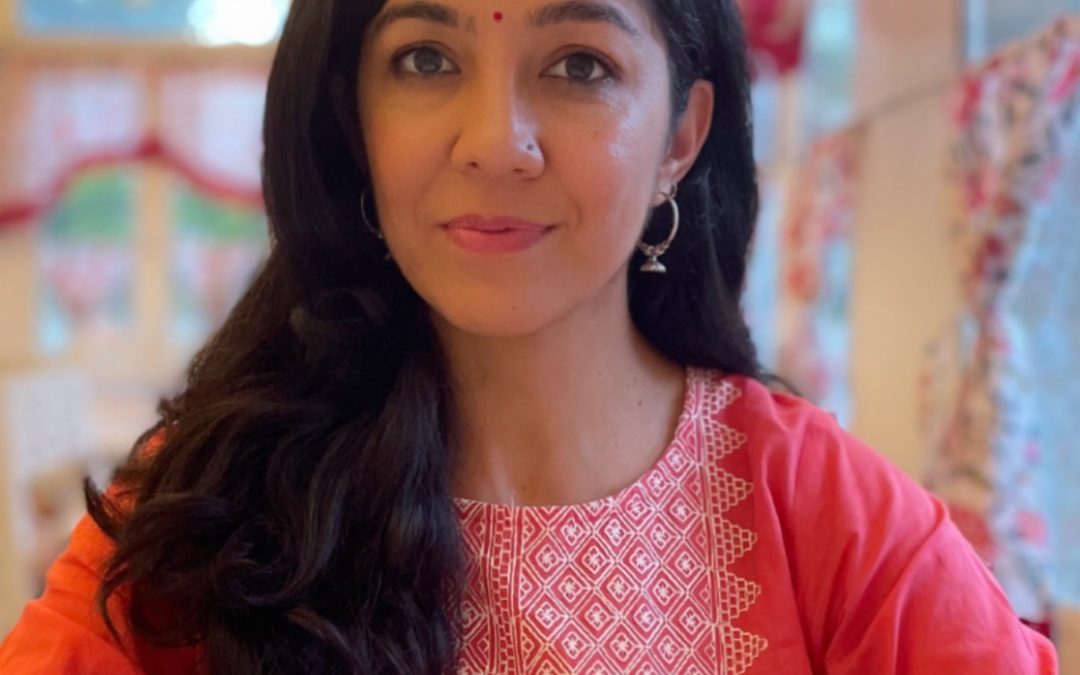
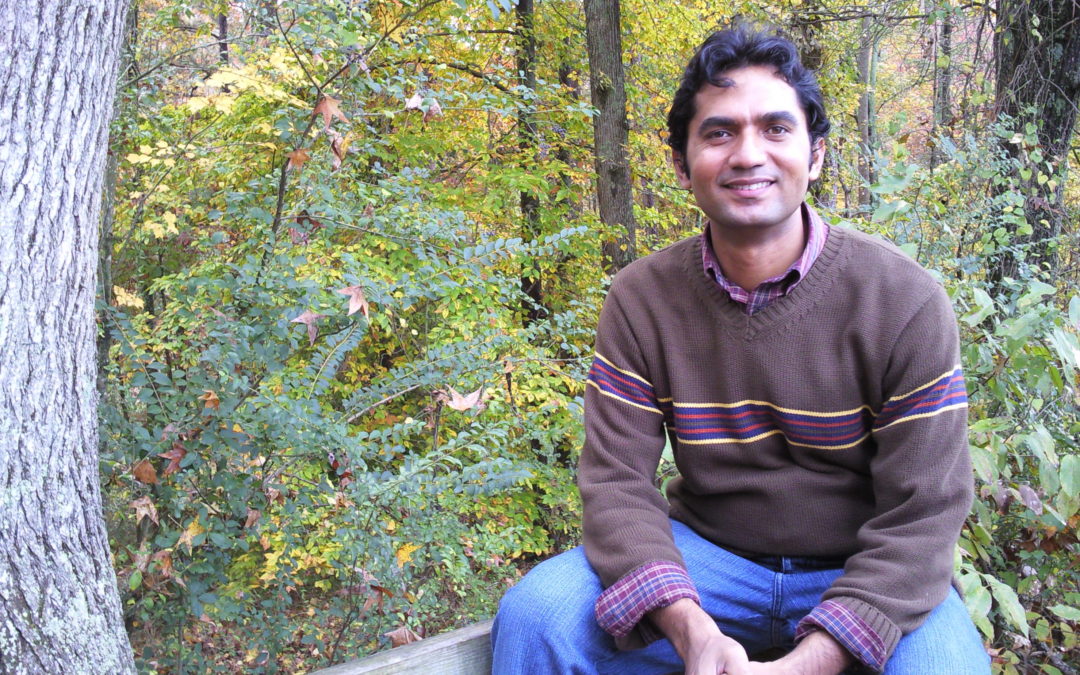
Liaquat Channa, an educational linguist, joins the Mittal Institute this academic year as the new Syed Babar Ali Fellow. His research interests include language and education, hidden curriculum and language textbooks, language teacher identity, language in education policy and planning. He is a Fulbright alumnus, and completed his Ph.D. in Language and Literacy Education with a concentration on teaching English to speakers of other languages and World Language Education from the University of Georgia. Prior to joining the Mittal Institute, he was a Professor in the Department of English at Balochistan University of IT, Engineering and Management Sciences (BUITEMS) in Quetta, Pakistan. We spoke to Liaquat about his research and what he hopes to accomplish while at the Mittal Institute.